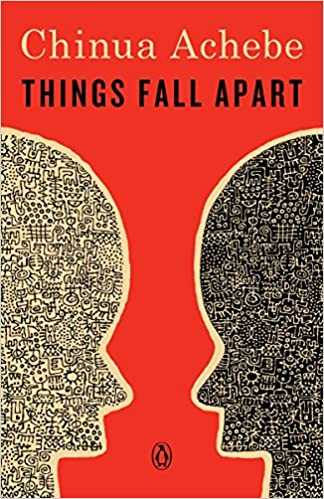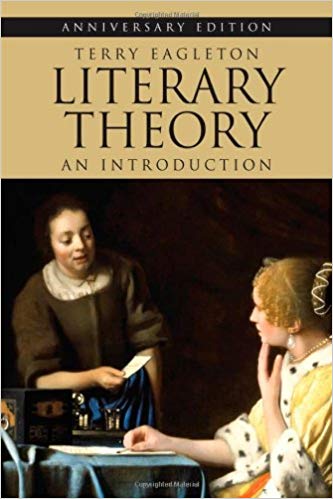ENG 4150-001 Literary Criticism
Mon, Wed: 3:30-4:50 PM.
LANG 318
Office Hours: M, W 1:00-3:00 and by appointment
Office 104A, MARQ
Download Syllabus in PDF
Introduction:
This course aims to introduce you to the major critical approaches available for analysis and appreciation of literary works. The terms theory and literature themselves are not free of controversy and have been defined in numerous, often conflicting, ways. This course will apprise you of the major debates in the field of literary theory and their impact on the critical reading of literature in particular and the real-life culture in general.
We will also discuss the politics and poetics that constitute what we perceive as literary and the role of the academy and popular culture in defining and refuting any hard boundaries. In today’s world, literary theory is increasingly in constant embrace with the culture, and this course will take into account the overlaps and the disjunctures between the critical and the cultural theory.
Discussed also will be the role of literature in defining or articulating the world around us, and, in certain cases, the role of literature in normalizing the hegemonic drive of the powerful. Such an approach to literary theory will make us question our own privileged place in the university setting and in the world and help us articulate personal goals of becoming politically aware and culturally diverse world citizens. Throughout this course, we will attempt to relate our in-class activities to the world of the lived experience beyond the university campus.
This is a demanding and writing-intensive course, so please come prepared for a challenging and mentally stimulating experience.
Required Texts:
The Norton Anthology of Literary Theory and Criticism
Eagleton, Terry. Literary Theory: An Introduction, 2nd Edition.
Handouts:
Videos:
You are expected to come prepared for class: This involves reading the assigned texts, listening carefully to your peers, and contributing your views in a collegiate and stimulating way. Attendance is mandatory.
Distribution of Points:
Presentation 200 Points
Weekly Quiz 100 Points
Class Participation 100 Points
Mid Term exam 300 Points
Total 1000 Points
YOU MUST FINISH ALL MAJOR ASSIGNMENTS TO PASS THE COURSE
- An oral presentation covering the assigned text in detail. (50 Points).
- A written response (minimum two double-spaced pages) submitted on the same day. (50 Points).
Over the semester I will administer 10 reading quizzes. The quizzes will be meant to check if you have been reading the assigned texts. Quizzes will be administered on each Monday during the first ten minutes of class. THERE WILL BE NO EXTRA TIME ALLOWED, which means if you are late to class and the quiz has already been administered, you will MISS the quiz. No make up quizzes!
As this is a course based on a discussion format, your thoughtful participation is essential to the success of the class. I encourage collegiate, open, and thought-provoking class discussions. Remember, we are all here to learn, so let us share our ideas and knowledge to make this class into a dynamic learning experience.
Term Paper: (Guide)
The final term paper will be due on the last day of class. The paper should be 12-15 pages, with a clearly defined thesis and a coherent argument using one or two of the theoretical approaches discussed in class. I would encourage you to choose your topic early and do extensive research. I will be available to assist during all stages of your research and composition process.
Attendance:
You are expected to attend the class regularly. You will be in the danger of failing the course if you miss more than FOUR class sessions.
Please contact me and bring me the necessary documentation if you would like me to make extra arrangements of for any disabilities.
Grading Scale:
A 920-1000
C 739-829
D 600-738
F Less than 600 Points
Presentations
- Nathaniel (Sassure)
- Joshua H, Kelsi (Foucault)
- Chloe (Freud)
- Erin H (Lacan)
- Rebecca (Zizek)
- Johanathan S (Derrida)
- Miranda (Adorno and Horkheimer)
- David (Gates)
- Emily (Saeed)
- Nicole: (Cixous)
- Jacquaila: (Hooks)
- Tyler (Bhabha)
- Nicole L (Fanon)
- Sara B (Achebe)
- Nizami (Anderson)
- Rafael (Fanon)
Presentations
- Cindy and Capri (Rich)
Revision and Paper workshops.


